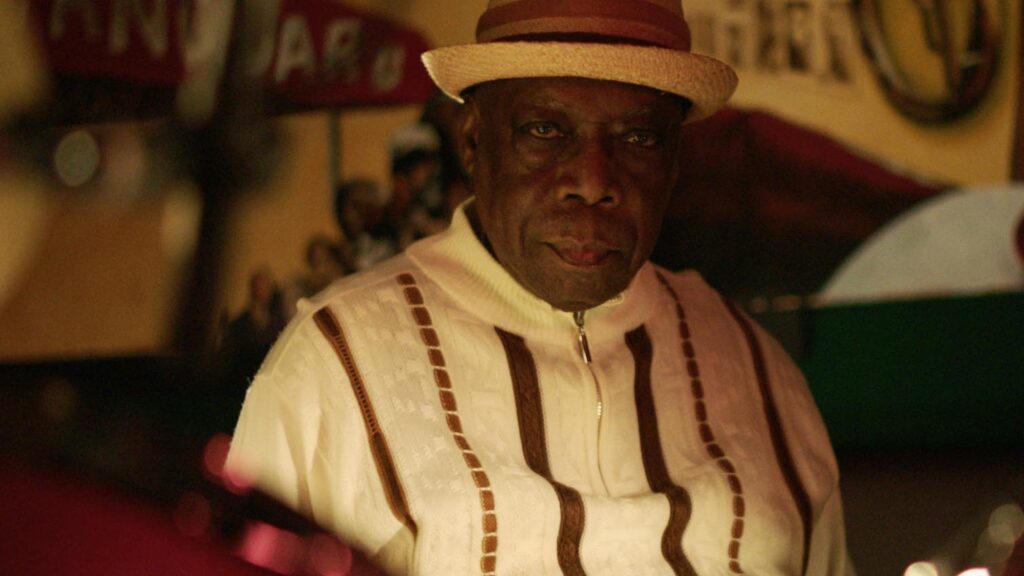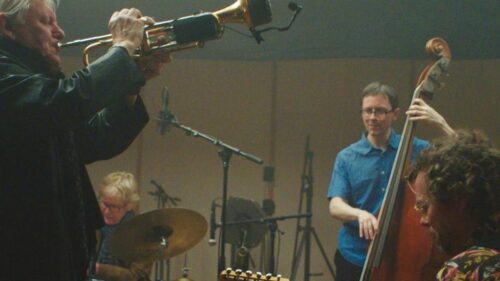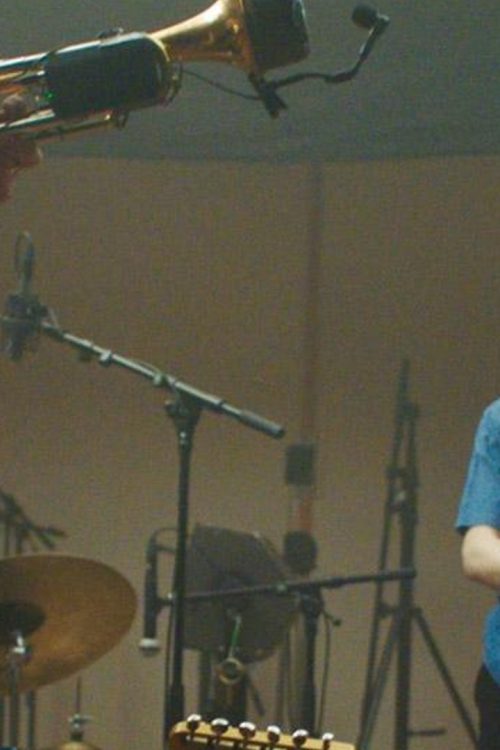
To talk jazz taking inspiration from Music for Black Pigeons, a documentary that Jørgen Leth and Andreas Koefoed presented at the Venice Film Festival, out of competition, is no easy task. Think of all the studies and literature and treatises published by honourable scholars, historians, musicians over the years.
Let’s start from here: : «You can’t improvise on nothin’, man. You gotta improvise on somethin’» (Charlie Mingus). I mean, we must quote Mingus in the hundredth year since his birth. Directors do, anyway, so we might as well. “Improvise on something” – what does it mean? To anticipate? To organize and plan ahead? I shall list things as they come up, memories of recent readings, including a very interesting one that prompted my reflection on the pandemic suspension of our ordinary lives. Here goes. Over the last several decades, global history has been replete with environmental catastrophes, wars, economic crises, and now a pandemic, whose nefarious effects showed the impossibility of predicting (and preventing) everything, despite anyone maintaining there is something we can do to defend ourselves from them. It’s as if we are all fighting to harness the future, we look so convinced in the way we believe we can control all outcomes. Future, however, acted like a runaway horse, showing no sign of calming down.

Leth and Koefoed take you straight into the world of jazz with this film, whose title references single from Jakob Bro’s album Uma Elmo (2021). What happens when diverse musicians with crazy ideas on music are put to work together? Music talks, and it invites us to ...

Leth and Koefoed take you straight into the world of jazz with this film, whose title references single from Jakob Bro’s album Uma Elmo (2021). What happens when diverse musicians with crazy ideas on music are put to...
Never before have planning, strategy-making, trend studying been so crucial. Seeing as how things evolved, it is all the more apparent how improvisation is important, even in planning. To ‘project’ means to ‘throw forth, into the future’, an action much more open than what ‘programme’ means, to ‘write the future’, limiting it to a given body of text. That’s why improvisation is a project, not a programme.
To understand how this works and how it can be applied to social and community work, we shall refer to an art where improvisation has been practiced and studied for long: jazz. I probably let myself get carried away in my thoughts. I shall stop here and go back to our specific interest. Improvisation is an art. You may improvise melody, improvise rhythm, improvise harmony, but you never improvise on nothing. That’s where planning comes into play: we need a track to improvise, experiment, and innovate on. We heard it a million times: one does not just improvise! You’ll need musical theory, you’ll need to know what notes go with what others, identify rhythm, dynamics, key. In other terms, you’ll have to know the context you move in and its rules.
“If you have to ask what jazz is, you’ll never know.”
Louis Armstrong
No results found.